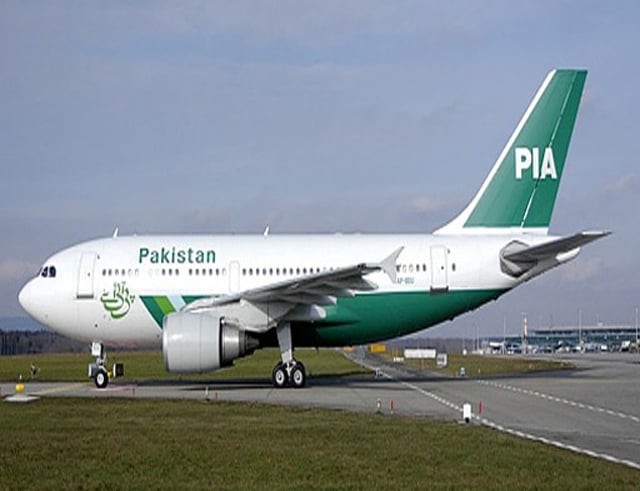Islamabad, Apr 17, 2025: The federal government has once again postponed the privatisation of Pakistan International Airlines (PIA), with the auction process now projected to begin in the final quarter of 2025.
Earlier, authorities had committed to the International Monetary Fund (IMF) that the PIA sell-off would be completed by July 2025.
However, this latest delay highlights the ongoing hurdles in executing the privatisation roadmap.
The administration is unlikely to meet its fiscal year target of collecting Rs30 billion from asset sales because it will not sell any state-run institution before June 2025
Muhammad Ali, Adviser to the Prime Minister on Privatisation, acknowledged this setback during the Business Summit hosted by the Nutshell Group.
He explained that the government will issue the expression of interest for PIA by the end of this month, and potential buyers will need three to five months to carry out due diligence before they can place any bids.
The government has reaffirmed its plan to divest at least 51% of its stake in PIA to private investors. However, ambiguity remains over whether government-linked entities will qualify as private buyers under this arrangement.
In addition to PIA, the government also failed to meet its deadline for selling the House Building Finance Company, originally due by April’s end.
Read More: PIA to Start Direct Lahore-Baku Flights from April 20
The administration had previously outlined a three-phase strategy to privatise 24 public enterprises, with the first phase aiming for 10 transactions in its inaugural year.
Unfortunately, this timeline has already fallen behind, primarily due to a lack of serious investors and unresolved negotiations.
Despite the delays, Muhammad Ali voiced optimism about future progress.
He stated that a clearer understanding of why government involvement in commercial activities must end will pave the way for smoother privatisation efforts.
Read More: PIA Claims Profit-Making Belongs to PIACL, Not PIA Holding
He further pointed out that conflicting policies, legal challenges, and bureaucratic red tape are key barriers. Still, the government remains determined to follow through with its privatisation commitments.
Ali concluded by emphasizing that the broader aim is to increase competition, enhance economic output, curb inflation, and spur national growth by shifting public enterprises into the hands of efficient private sector operators.



